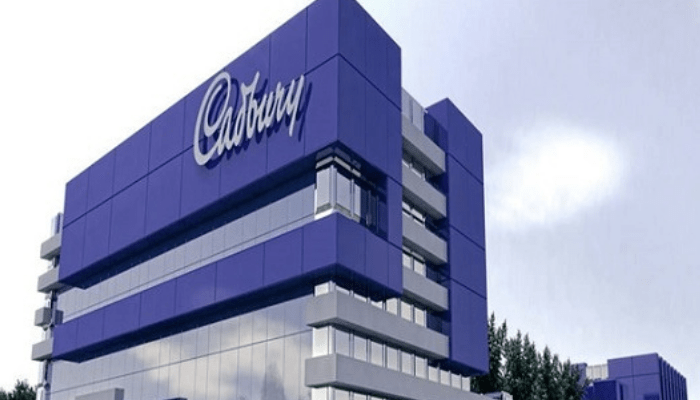Cadbury Nigeria Plc reported a N9.6 billion profit in the nine months of 2025, despite posting a N495 million loss in the third quarter, according to the consumer goods filing on the Nigerian Exchange.
The company attributed the Q3 loss to cost pressure brought on by Nigeria’s macroeconomic climate, which resulted in selling, distribution, and administrative costs rising. As a result, the company reported an operating loss of N374 million, down from a profit of N1.5 billion in the same quarter of the previous year.
But the nine-month profitability shows that the company is on its way to recovery after two straight years of losses. This reversal is supported by increased revenue by 32 percent and a decline in the company’s other expenses by 70 percent.
According to the company’s unaudited financial statement, revenue increase reflects higher demand across its key product categories: refreshment beverages, confectionery, and intermediate cocoa products. The company earned N114.2 billion from the domestic market and N5.0 billion from exports.
Read also: Cadbury Nigeria records 205% growth in H1 2025 profit
Cadbury’s gross profit surged by 88 percent to N27.75 billion, from N14.77 billion in the same period last year, as the company managed cost pressures and benefited from improved pricing and production efficiency. Operating profit soared to N15.9 billion, representing a 154 percent increase from N6.25 billion in 2024.
The stability of the naira also impacted the company’s financials, as net finance cost moderated sharply to N2.07 billion, compared to a staggering N23.18 billion a year earlier, reflecting a significant reduction in foreign exchange losses and interest expenses.
Despite cooling inflation that slowed for the sixth straight month to 18.02 percent in September 2025, the cost of sales rose 22.9 percent to N91 billion, underscoring the impact of higher input costs and logistic expenses in conveying products.
On the balance sheet, Cadbury’s total assets grew to N83.48 billion from N72.44 billion at the end of 2024, driven by higher inventories (N26.75 billion) and increased property, plant, and equipment (N18.8 billion). Shareholders’ equity rose significantly to N14.06 billion from N4.38 billion, indicating stronger financial health.
Cash and cash equivalents stood at N11.13 billion, down from N16.34 billion as of December 2024, due to loan repayments and higher working capital needs. Borrowings declined slightly to N30.19 billion from N32.81 billion.

